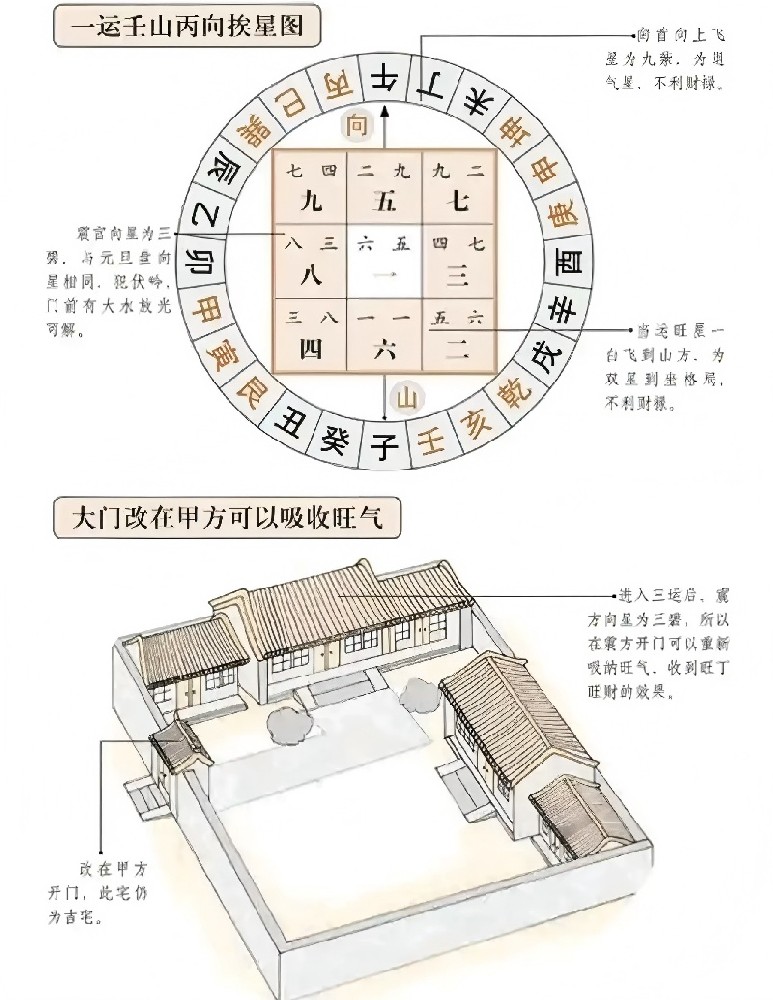dare用作实义动词,其后动词不定式可带to也可不带to,且dare有人称和数以及时态变化;dare用作情态动词,后跟动词原形,主要用于疑问句,否定句和条件句中;在否定句或疑问句中,现代英语口语常用实义动词的dare,但省略to,直接接动词原形。
dare
即可以用作实义动词,也可以用作情态动词,意思相同
,但用法不同。
【实义动词】有人称和时态变化,可以用作非谓语动词(不定式、分词和动名词)
。例如:
~
I
dare
to
say
that
you
are
wrong.
我敢说你错了。
~
He
hates
Harry
but
doesn't dare to
say
so.
他不喜欢哈里,但敢怒而不敢言。
~
Did
she
dare
to
do
so?
他敢那样做吗?
【情态动词】只能用于否定、疑问和条件句。例如:
~
I
daren't
say
so.
我不敢这样说。
~
Dare
she
do
so?
她敢这样做吗?
~
If
you
dare
go
out
now,
you
shall
never
come
back.
如果你现在赶出去,那你就永远别回来。
dare用法解析
一、基本用法特点
dare可用实意动词和情态动词,用作情态动词时,意思是“敢”,其后接动词原形,通常只用于否定句或疑问句以及if或whether之后,一般不用于肯定句:
Dare you tell her the truth? 你敢告诉她事实真相吗?
I don’t know whether he dare try. 我不知他是否敢试一试。
I daren’t ask her for a rise. 我不敢要求她加薪。
【注】I dare say 是习惯说法(用于肯定句),并不一定要译为“我敢说”,它所表示的是一种不肯定的语气,常译为“很可能”、“大概”、“我想”等,有时用作反语:
I dare say (that) you are right. 我想你是对的。
Oh, you mean to win? I dare say you will. 啊,你想打赢? 我且看你赢吧。
(2) dare用作实意动词时意为“敢于”,可以有各种词形变化,可用于各类句型(肯定句、否定句、疑问句及各类从句等),其后多接带 to 的不定式,有时 to 也可省去(尤其是在否定句或疑问句),可用于非谓语形式,完成时态等:
We must dare to think, speak and act. 我们必须敢想、敢说、敢做。
I wonder how he dares (to) say such things. 我纳闷他怎么竟敢说出这样的话来。
Did he dare (to) tell her? 他敢告诉她吗?
We don’t dare (to) say anything. 我们什么也不敢说。
The boy stood before the teacher, not daring to look up. 这个小男孩站在老师面前不敢抬头。
I’ve never dared (to) ask her. 我从来不敢问她。
二、dare的过去式问题
情态动词dare可以有过去式dared,但也可以直接用dare表示过去式,或后接动词完成式:
That was why he dared do so. 那就是他为什么敢这样做的原因。
Mother dare(d) not tell father she’d given away his old jacket. 母亲不敢告诉父亲她把他的旧上衣送人了。
I didn’t like their new house though I daren’t have said so. 我不喜欢他们的新房子,虽然我没敢这样说过。
I daren’t have done it yesterday.but I think I dare now.昨天我没敢这样做,但现在我想我敢。
【注】dare后通常不接动词的进行式。
darevt. 敢; 敢做; 激(某人做某事); 问(某人)有没有胆量(做某事)
vi. 敢; 敢于; 大胆; 无畏于
aux. 敢,竟敢
n. 激将
过去式: dared 过去分词: dared 现在分词: daring 第三人称单数: dares 派生词:darer
1.
VERB
动词
敢;有足够的胆量 If you do not dare to do something, you do not have enough courage to do it, or you do not want to do it because you fear the consequences. If you dare to do something, you do something which requires a lot of courage.
2. VERB
动词向…挑战;激…(做);问…有没有胆量(做) If you dare someone to do something, you challenge them to prove that they are not frightened of doing it. 3. N-COUNT 可数名词 挑战;激将 A dare is a challenge which one person gives to another to do something dangerous or frightening. 4. PHRASE
短语 (用于警告)不准,你敢 If you say to someone 'don't you dare' do something, you are telling them not to do it and letting them know that you are angry. 5. PHRASE
短语 (表示震惊和愤怒) 你竟敢,你怎么敢 You say 'how dare you'' when you are very shocked and angry about something that someone has done. 6. PHRASE
短语 恕我冒昧;恕我直言 You use 'dare I say it' when you know that what you are going to say will disappoint or annoy someone. 7. PHRASE
短语 (我想)可能,大概;想必 You can use 'I dare say' or 'I daresay' before or after a statement to indicate that you believe it is probably true.
声明: 我们致力于保护作者版权,注重分享,被刊用文章因无法核实真实出处,未能及时与作者取得联系,或有版权异议的,请联系管理员,我们会立即处理,本站部分文字与图片资源来自于网络,转载是出于传递更多信息之目的,若有来源标注错误或侵犯了您的合法权益,请立即通知我们(管理员邮箱:daokedao3713@qq.com),情况属实,我们会第一时间予以删除,并同时向您表示歉意,谢谢!

 999+
999+ 
 13
13 
 1843
1843 
 1922
1922 
 1576
1576 
 1961
1961 
 1481
1481 
 833
833 
 689
689 
 1540
1540 本站内容仅供参考,不作为诊断及医疗依据,如有医疗需求,请务必前往正规医院就诊
祝由网所有文章及资料均为作者提供或网友推荐收集整理而来,仅供爱好者学习和研究使用,版权归原作者所有。
如本站内容有侵犯您的合法权益,请和我们取得联系,我们将立即改正或删除。
Copyright © 2022-2023 祝由师网 版权所有
邮箱:daokedao3713@qq.com